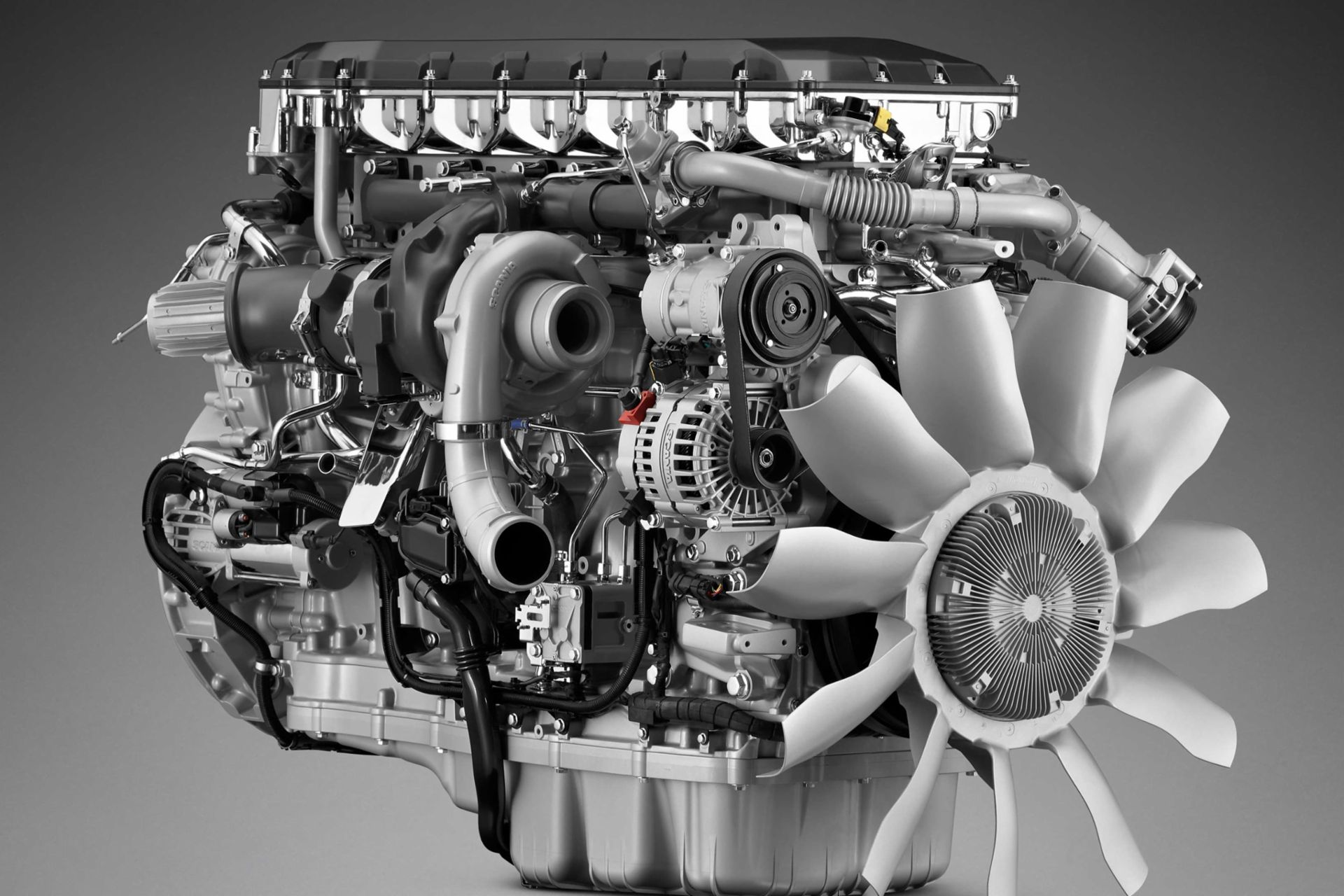Engines For Africa: Leading copyright of Premium Engines
Engines For Africa: Leading copyright of Premium Engines
Blog Article
A Full Overview to Choosing the Right Engine for Your Job
Choosing the suitable engine for your job is an essential choice that can substantially influence its overall success. It is imperative to carefully define your job requires, evaluate performance requirements, and take into consideration user-friendliness together with various other vital variables. In addition, understanding the neighborhood support readily available and scrutinizing expense effects can better fine-tune your selection. Each of these components plays a critical duty in making certain that your picked engine not just meets instant purposes yet also straightens with lasting ambitions. As we check out these factors to consider, you might locate that the nuances of each element expose greater than at first anticipated.
Define Your Job Requirements
Defining your project needs is an important step in selecting the suitable engine for effective application. A detailed understanding of your job's objectives will certainly direct you in identifying the capacities and attributes needed from an engine. Begin by describing the extent of your job, consisting of the preferred functionality, target audience, and the specific outcomes you intend to achieve.
Following, take into consideration the technical needs that line up with your project objectives. This consists of examining the compatibility of the engine with existing systems, as well as the shows languages and frameworks that will be used. Furthermore, evaluate the degree of scalability required to suit future growth or adjustments popular.
Spending plan constraints likewise play a vital function in specifying your project requires. Develop a clear economic structure to lead your decision-making process, making sure that the engine selected fits within your budget while supplying the necessary performance.
Evaluate Efficiency Needs

Engines that sustain horizontal scaling are commonly more effective for bigger applications. Additionally, assess the engine's efficiency under various conditions, such as peak use scenarios, to guarantee it fulfills your dependability standards.
Think About Convenience of Use
While technical specifications are important, the convenience of usage of an engine can considerably affect the development process and general project success. An instinctive interface, clear paperwork, and streamlined workflows can dramatically reduce the understanding curve for developers, enabling them to concentrate on creativity and analytic as opposed to coming to grips with complex devices.
When evaluating an engine's simplicity of usage, consider the onboarding experience. A well-structured introduction, full with tutorials and sample projects, can promote a smoother transition for new users. In addition, the clearness and comprehensiveness of the engine's paperwork play an important role; extensive overviews and API references can empower developers to fix and implement attributes efficiently.
One more aspect to take into consideration is the engine's customization capacities. An engine that permits very easy modifications can be extra straightforward, as developers can tailor it to fit their certain demands without substantial trouble. Lastly, analyze the workflow combination with devices and systems you already use. A cohesive environment can improve performance and reduce friction throughout the advancement procedure. Eventually, picking an engine that prioritizes ease of use can lead to a much more delightful and productive advancement experience.
Assess Neighborhood and Support
The stamina of an engine's neighborhood and support network can considerably influence a programmer's experience and success. When analyzing an engine, take into consideration the size and task level of its community.
Furthermore, evaluate the accessibility of main support networks. Trusted paperwork, receptive consumer support, and routine updates are important visit the website for attending to technical concerns and keeping your task on track. Engines For Africa. Energetic areas likewise foster cooperation, offering possibilities for networking and feedback, which can be invaluable, specifically for little teams or independent programmers
In addition, check out the existence of community-run events, such as hackathons or meetups. These gatherings can enhance your understanding of the engine while attaching you with skilled customers and potential partners. In recap, a robust neighborhood and assistance system not just simplify growth yet additionally develop an environment favorable to finding out and innovation, eventually boosting the chance of your task's success.
Contrast Cost and Licensing Choices
Budget plan factors to consider play an essential duty in choosing the appropriate engine for your task, as the price and licensing options can substantially influence both temporary expenditures and long-term viability. Engines For Africa. Different engines offer varying prices structures, which can include one-time purchase fees, subscription models, or revenue-sharing arrangements based upon your job's earnings

Licensing options also differ considerably. Some engines are open-source, using versatility and community-driven support, while others may need exclusive licenses that restrict usage and circulation. Comprehending the ramifications of each licensing design is important, as it affects possession rights, future scalability, and potential lawful commitments.
Final Thought
In conclusion, selecting the suitable engine for a task necessitates a detailed evaluation of defined job requirements, performance demands, simplicity of use, community view assistance, and expense considerations. By methodically attending to these vital factors, decision-makers can make certain placement with both existing and future task demands. A well-informed selection eventually boosts the probability of project success, making it possible for efficient source allowance and optimizing prospective end Going Here results within the specified financial restraints.
Choosing the appropriate engine for your job is a vital choice that can considerably influence its total success.Specifying your project requires is an essential action in picking the proper engine for effective application. A thorough understanding of your task's objectives will lead you in identifying the functions and capabilities called for from an engine.Once you have a clear understanding of your task needs, the next action is to review the efficiency requirements of the engine.In final thought, picking the appropriate engine for a project requires a comprehensive analysis of specified job demands, efficiency needs, ease of usage, area assistance, and price considerations.
Report this page